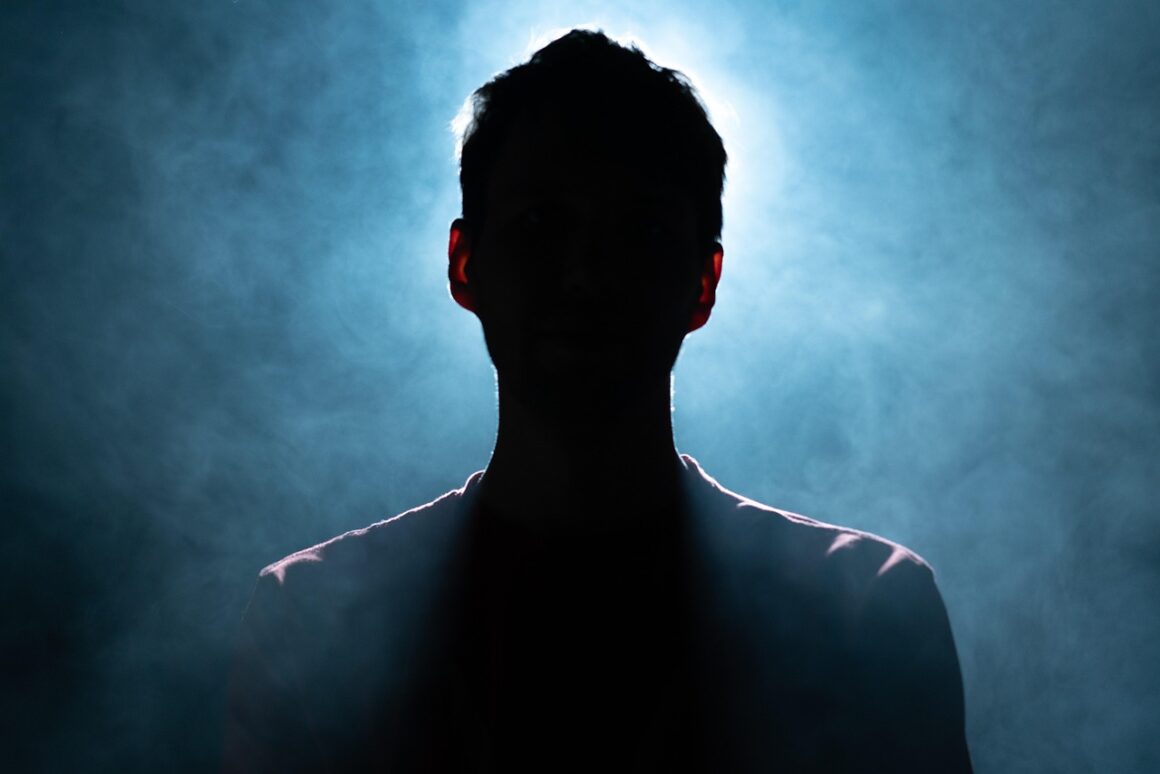Mark is spending a night out with his friends. He’s having a great time, cracking jokes and laughing almost unceasingly, when Mark’s friends watch as his head suddenly falls forward and he blacks out. His friends immediately call an ambulance in fears for Mark’s health, but to their relief Mark regains his consciousness and appears to be back to normal within a few minutes.
What Mark experienced is what’s known as a laughter-induced syncopal episode. Syncope is defined as a loss of consciousness brought about by a sudden fall in blood pressure. When it occurs due to intense laughter, the condition is labeled laughter-induced syncope, or, as it’s sometimes called, gelastic syncope. Syncope itself is quite common, accounting for 6 percent of hospital admissions. However, laughter-induced syncope is extremely rare. It’s a type of situational syncope that is challenging to diagnose, even with physical examination, a review of patient history, an electrocardiogram (ECG), and other tests. Because of this, around 30 to 40 percent of laughter-induced syncope cases remain unexplained without a clear etiology.
The first definitively diagnosed episode of laughter-induced syncope was recorded in 1997. The case resulted in the condition being dubbed “Seinfeld syncope” after a 62-year-old man had multiple episodes of syncope after laughing hysterically while watching the popular sitcom.
Although it cannot be said for certain, laughter-induced syncope is thought to be the result of built-up pressure in the chest from laughing. Scientists believe that this pressure results in a stimulation of the nerve running from the brain to the lower back, the vagus nerve, bringing about what is known as a vagal response. This reflex causes a rapid drop in heart rate and blood pressure, leading to light-headedness, sweating, turning pale, blurred vision, dizziness, and eventually fainting.

For most, laughter-induced syncope is only a single episode, similar to syncope from donating blood. But for others, especially those with associated neurological conditions, the condition can be recurring. Considering that injuries can be sustained from losing consciousness during syncopal episodes, laughter-induced syncope may be dangerous in the short-term. But luckily, chiefly for those experiencing continuing episodes, a study from the National Institute of Health suggests that laughter-induced syncope will likely have no harmful long-term effects.
Laughter has been proven to improve heart health and immune responses as well as reduce stress, hence the adage “laughter is the best medicine.” Yet, at least for those with laughter-induced syncope, laughter isn’t always a safe remedy.
Photo: Mother Nature Network




